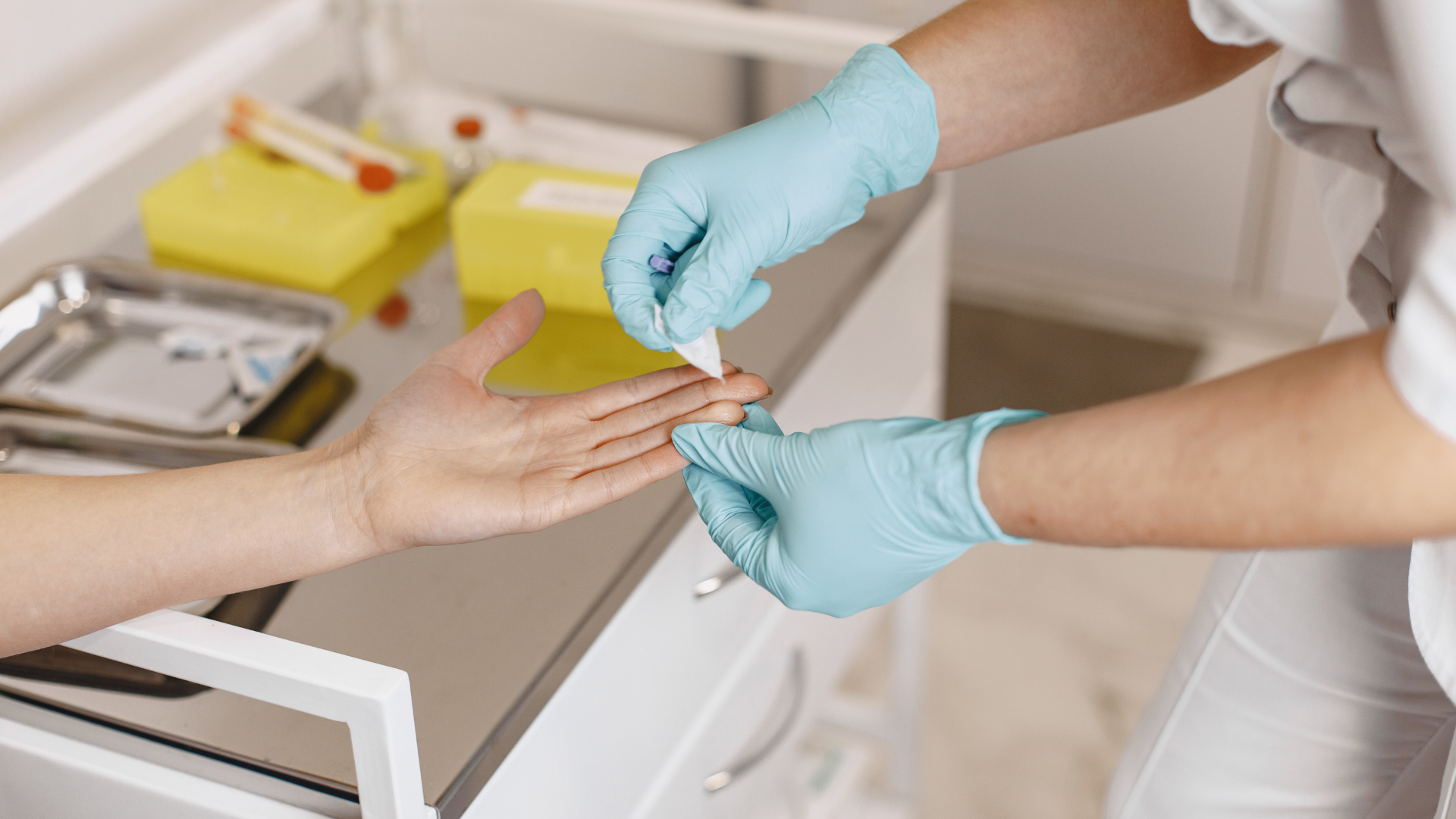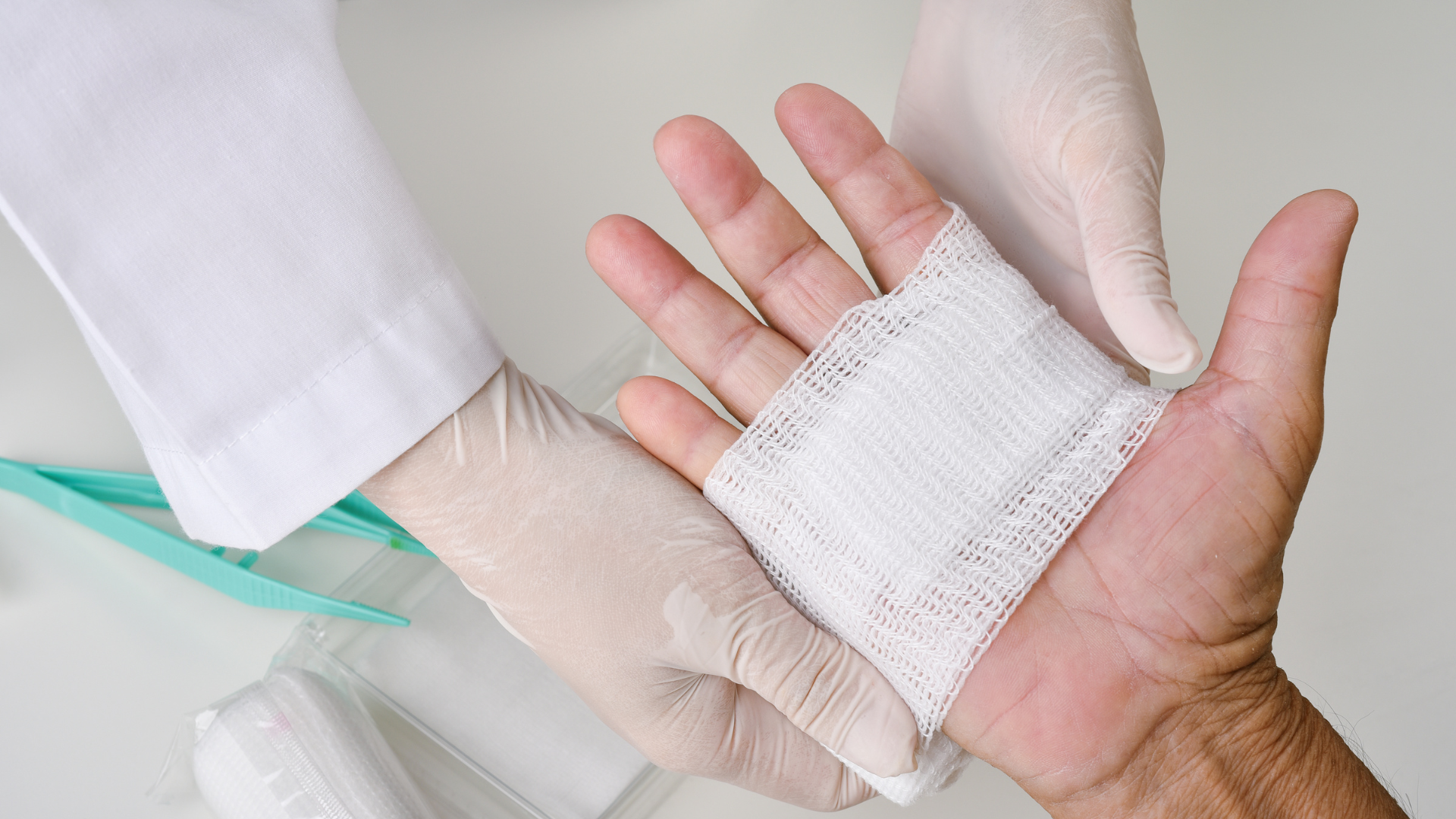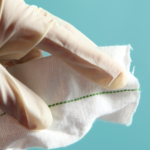The Comprehensive Guide to Wound Care Specialists in Houston
In Houston, wound care specialists play a crucial role in managing non-healing wounds, particularly for patients with chronic conditions. These specialists, often part of a dedicated wound care team, work collaboratively to deliver proper wound care through various wound care locations. They focus on treating both acute and chronic wounds, which may arise from venous disorders or injuries. The specialists utilize advanced therapies that stimulate healing, such as skin substitutes and growth factors, to enhance the body’s natural healing processes and support the immune system.
At a specialized wound care center, clinicians assess wounds we treat and tailor wound care treatment plans to meet individual needs. For geriatric patients or those with a weakened immune system, therapy has been shown to provide significant benefits, including reducing swelling and promoting blood flow. This approach not only helps open wounds heal but also ensures that all aspects of wound care are effectively addressed, allowing for a comprehensive recovery.
What is a Wound Care Specialist?

A wound care specialist is a healthcare professional trained specifically in the assessment, treatment, and management of wounds. Their primary focus is on helping patients recover from various types of wounds, which can include acute injuries, surgical wounds, pressure ulcers, diabetic foot ulcers, and other chronic wounds. The scope of practice for wound care specialists encompasses a comprehensive understanding of wound healing processes, infection control, and advanced treatment modalities. They are equipped to evaluate the severity and type of wound, develop individualized care plans, and monitor healing progress, ensuring optimal outcomes for their patients.
One of the key differences between wound care specialists and general healthcare providers lies in their depth of knowledge and experience in managing complex wound conditions. While general practitioners or nurses may be familiar with basic wound care, wound care specialists possess specialized training that enables them to address more complicated cases effectively. They often employ advanced techniques and technologies that general providers may not be familiar with, such as negative pressure wound therapy, bioengineered tissues, and the latest dressing materials. This specialized expertise allows them to identify underlying issues that may impede healing, such as poor circulation or diabetes, and to recommend appropriate interventions tailored to each patient’s needs.
The importance of specialized training and certification for wound care specialists cannot be overstated. Credentials such as the Wound, Ostomy, and Continence Nursing Certification (WOCNCB) validate the specialist’s expertise and commitment to high standards of care. This certification process involves rigorous education and examination, ensuring that certified specialists are knowledgeable about the latest advancements in wound management and best practices. By seeking care from certified wound care specialists, patients can have confidence that they are receiving the highest level of expertise, which is crucial for effective wound healing and overall health recovery.
The Role of Wound Care Specialists in Treatment
In the realm of wound management, wound care specialists play a crucial role in the treatment of various types of injuries. They work closely with a surgeon and collaborate with the primary care doctor to ensure that patients receive comprehensive wound care. Acute wounds may require specialized attention, and these experts are trained to address complex cases where wounds often do not heal properly. Their expertise allows them to assess the wound as well as the underlying medical conditions affecting healing.
Through their concentration on wound healing, these specialists utilize various treatment modalities, including hyperbaric therapy, which delivers high levels of oxygen to the bloodstream. This therapy helps promote the growth of blood cells and enhances the body’s natural healing processes. By employing evidence-based practices, wound care specialists prove helpful in bringing patients back to health, ensuring that wounds come together effectively and efficiently.
Techniques and Treatments Used by Wound Care Specialists

Wound care specialists utilize a variety of advanced techniques and treatments to effectively manage wounds and promote healing. One key technique is debridement, which involves the removal of dead, damaged, or infected tissue from a wound. This process is essential for preventing infection, reducing inflammation, and creating a clean wound bed that encourages healthy tissue growth. Various methods of debridement exist, including surgical, enzymatic, and mechanical approaches, each tailored to the specific needs of the patient and the nature of the wound.
Another critical treatment modality is negative pressure wound therapy (NPWT), also known as vacuum-assisted closure. This technique involves applying a sealed dressing connected to a vacuum pump that creates negative pressure within the wound. This environment helps draw out excess fluid, reduces edema, and enhances blood flow to the area, all of which contribute to accelerated healing. NPWT is particularly effective for complex wounds, such as those associated with surgical sites, ulcers, or traumatic injuries.
In addition to these advanced techniques, wound care specialists have a range of dressing options at their disposal. Selecting the appropriate dressing is vital, as it can significantly impact healing outcomes. Dressings can vary in terms of composition, moisture retention, and permeability, with options including hydrocolloid, foam, alginate, and antimicrobial dressings. The choice of dressing depends on factors such as the wound type, exudate levels, and the need for infection control. Proper dressing selection helps maintain an optimal healing environment while minimizing pain and discomfort for the patient.
Furthermore, emerging technologies are revolutionizing wound care practices. Hyperbaric oxygen therapy (HBOT) is one such innovative treatment, where patients breathe pure oxygen in a pressurized chamber. This therapy enhances oxygen delivery to tissues, promoting healing and combating infections, particularly in chronic wounds and post-surgical complications. Additionally, the development of bioengineered skin products is making waves in the field. These advanced materials can mimic natural skin, providing a scaffold for new tissue growth and offering enhanced moisture and protection for wounds. As wound care continues to evolve with new technologies, wound care specialists remain at the forefront, utilizing these techniques to improve patient outcomes and quality of life.
Finding a Wound Care Specialist in Houston

When seeking a wound care specialist in Houston, it’s essential to consider several key factors to ensure you receive the best possible care. Start by evaluating the credentials of the specialist. Look for healthcare providers who are board-certified in wound care, such as those holding the Wound, Ostomy, and Continence Nursing Certification (WOCN). This certification demonstrates their specialized training and knowledge in managing various types of wounds. Additionally, consider the experience of the specialist; inquire about their years of practice, the types of wounds they commonly treat, and their success rates in healing specific conditions.
Patient reviews can provide valuable insights into the quality of care offered by a wound care specialist. Look for online testimonials or ask for recommendations from friends, family, or primary care physicians. Positive reviews that highlight effective communication, personalized care, and successful outcomes can indicate a specialist’s ability to meet your needs.
In Houston, several reputable clinics and healthcare facilities are known for their excellence in wound care. Institutions such as the Texas Institute for Surgery, Houston Methodist Hospital, and Memorial Hermann Health System have dedicated wound care programs staffed by experienced professionals. These facilities often offer a comprehensive range of services, including advanced treatments and multidisciplinary approaches, ensuring patients receive holistic care.
When scheduling a consultation, it’s important to prepare for your first visit. Be ready to discuss your medical history, including any underlying conditions that may affect wound healing, and bring any relevant medical records or documentation. During the consultation, expect the specialist to conduct a thorough assessment of your wound, discuss treatment options, and develop a personalized care plan tailored to your specific needs. Don’t hesitate to ask questions about the treatment process, expected outcomes, and follow-up care. This initial visit is an excellent opportunity to establish rapport and ensure that you feel comfortable and informed about your wound care journey.
Conclusion
Wound care specialists play a vital role in promoting healing and recovery, significantly enhancing the quality of life for patients with various wound types. Their expertise in assessing, diagnosing, and managing wounds is crucial for preventing complications and ensuring optimal healing outcomes. By employing advanced techniques and individualized care plans, these professionals not only address the immediate needs of their patients but also contribute to long-term health and well-being.
For those struggling with wounds, whether chronic or acute, seeking specialized care is essential. Wound care specialists bring a wealth of knowledge and experience that general healthcare providers may not possess, allowing for more effective treatment strategies. By prioritizing this specialized care, patients can experience faster recovery times, reduced pain, and lower risks of complications.
Houston residents are encouraged to explore local wound care services and take proactive steps in managing their health. With a variety of qualified specialists and advanced treatment options available in the area, there has never been a better time to prioritize your wound care needs. Don’t hesitate to reach out for assistance—your health and well-being deserve the best care possible. Take that first step today by contacting a wound care specialist in Houston to discuss your options and embark on the journey to recovery.




